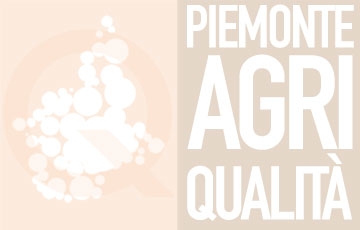Organic farming

Introduction
Organic agriculture is a method of cultivation that aims to respect the environment and the natural equilibrium, as well as the health both of the workers and the customers.
In fact, in organic farming neither antiparassitics nor chemical fertiliser is used - unless extremely rarely - and agricultural companies are seen as an agricultural ecosystem in which agricultural activities at the hand of man is placed within a natural environmental context, in an attempt to best preserve its characteristics.
Organic agricultural activities normally include:
- Crop rotation for an efficient use of the resources of the soil;
- A very limited use of synthetic pesticides and fertilizers, antibiotics for animals, food additives, adjuvants and any other productive factors;
- Prohibited use of genetically modified organisms (GMOs);
- Efficient use of local resources (e.g. the use of manure to fertilize the ground or the cultivation of forage crops to feed the animals in the farm);
- The choice of disease-resistant plants and animals that adapt to the environmental conditions;
- The breeding of animals that live freely outdoors and are fed with organic forage;
- The use of appropriate breeding techniques for different animal species.
The use of agronomic techniques in organic agriculture, such as the cultivation of different species in the same area, crop rotation and planting of specific crops in order to maintain or increase soil fertility (green manure) also facilitates biodiversity, and together with the addition of organic substances, makes the soil richer in microorganisms and different living species.
In fact, in organic farming neither antiparassitics nor chemical fertiliser is used - unless extremely rarely - and agricultural companies are seen as an agricultural ecosystem in which agricultural activities at the hand of man is placed within a natural environmental context, in an attempt to best preserve its characteristics.
Organic agricultural activities normally include:
- Crop rotation for an efficient use of the resources of the soil;
- A very limited use of synthetic pesticides and fertilizers, antibiotics for animals, food additives, adjuvants and any other productive factors;
- Prohibited use of genetically modified organisms (GMOs);
- Efficient use of local resources (e.g. the use of manure to fertilize the ground or the cultivation of forage crops to feed the animals in the farm);
- The choice of disease-resistant plants and animals that adapt to the environmental conditions;
- The breeding of animals that live freely outdoors and are fed with organic forage;
- The use of appropriate breeding techniques for different animal species.
The use of agronomic techniques in organic agriculture, such as the cultivation of different species in the same area, crop rotation and planting of specific crops in order to maintain or increase soil fertility (green manure) also facilitates biodiversity, and together with the addition of organic substances, makes the soil richer in microorganisms and different living species.
Per saperne di più
Products
Stato: {{ctrl.filterModel.state}}
Num.pagine: {{ctrl.pageCount()}}
Ordering: {{ctrl.filterModel.ordering.order}}
Direction: {{ctrl.filterModel.ordering.dir}}
Tipo: {{ctrl.filterModel.tipo}}
Sistema: {{ctrl.filterModel.sistema}}
Please wait till data load


